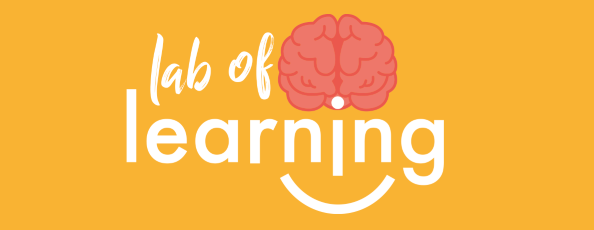Our team consists of the following people
Nienke van Atteveldt – co-PI of the lab
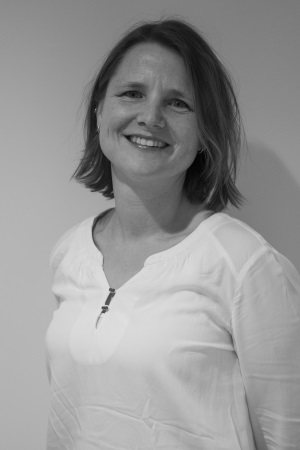
Nienke graduated from Utrecht University in 2000 (MSc in biomedical sciences) and received her PhD (cum laude) in cognitive neuroscience from Maastricht University in 2006. After her PhD she spent a couple of years in New York (Columbia University, Child-Psychiatry) to investigate how the brain adapts its processing to the current context and behavioral goal. Her interest in how neuroscience interacts with society has also been growing since that time, and particularly, that challenge of how we can optimize the educational value of developmental cognitive neuroscience research. In 2014, she moved to the Vrije Universiteit (VU) where she currently works as full professor and leads the Lab of Learning. She is currently Vice-President of the International Mind, Brain and Education Society (IMBES), and co-chair of the UNESCO MGIEP International Scientific Evidence-based Education (ISEE) Assessment.
Tieme Janssen – co-PI of the lab
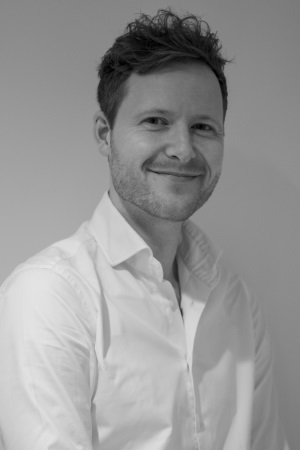
Tieme obtained his Bachelor in psychology and Master in Neuropsychology at Maastricht University. In 2016, he completed his PhD in Clinical Neuropsychology at Vrije Universiteit in Amsterdam and is currently an assistant professor in the Lab of Learning. His research covers cognitive neuroscience in healthy and clinical populations (e.g. ADHD) and neuroscience-based interventions (e.g. neurofeedback). For these purposes, he utilizes the latest methodological developments in advanced EEG analysis (e.g. source-reconstruction, connectivity analysis) and real-time EEG analysis and feedback. He is motivated to translate neuroscience to applications outside the lab. One such example, is a classroom-based growth-mindset intervention in which psychosocial and neurofeedback techniques are combined (click here for details). This study is part of a larger effort to take neuroscience research out of the lab and into working classrooms and other real-life settings, using portable brain technology (click here for details).
Smiddy Nieuwenhuis
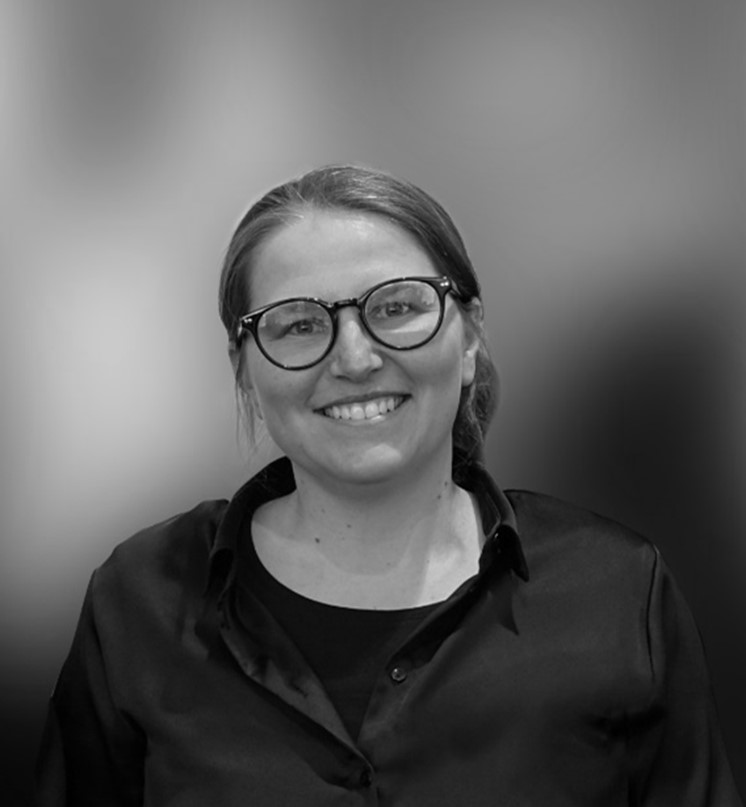
Dr. Smiddy Nieuwenhuis is an educational neuroscientist with a background in pedagogical sciences and a strong interest in the intersection between mindset and learning. She obtained her Bachelor’s degree in Pedagogical Sciences (2016) and her Master’s in Orthopedagogy (2017) and Applied Neuroscience (2017). In 2025, she completed her PhD at Vrije Universiteit Amsterdam, where she investigated how a growth mindset—the belief that intelligence and abilities can develop through effort—shapes learning behavior and academic well-being in adolescents (a Dutch summary of the dissertation can be read here). Her research combines behavioral tasks, heart rate variability (HRV) measurements, and brain imaging to explore how beliefs about learning translate into motivational patterns and resilience. Her findings highlight that mindset primarily manifests in behavior, and that fostering adaptive beliefs can support students’ development.
Smiddy is passionate about creating learning environments in which effort, mistakes, and emotional well-being are seen as integral to the learning process. She actively works on bridging the gap between lab-based neuroscience and real-world educational settings. In future work, she aims to extend her expertise to clinical populations, contributing to more inclusive approaches to learning and development.
TuongVan Vu
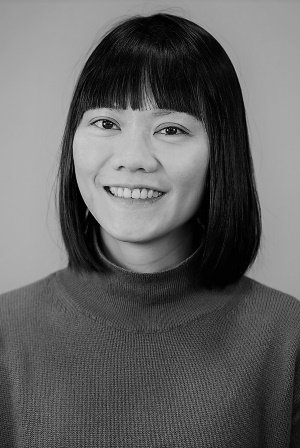
TuongVan holds a BA in linguistics at National University of Vietnam, a BA in liberal arts and sciences at Utrecht University (2011), a Research Master degree in Psychology (cum laude, 2013) and a PhD degree from Vrije Universiteit Amsterdam (2019). TuongVan’s main research interests are the relations between self-concepts, social cognition, and (social, non-social, and linguistic) learning. During her PhD, she focused on the influences on culture on social cognition. TuongVan joined the Lab of Learning in April 2019 as a postdoctoral researcher, under the supervision of Nienke van Atteveldt and in collaboration with researchers at the University of Amsterdam and UCLA Berkeley. With the Jacobs Foundation grant, TuongVan along with the group are embarked on a quest for a comprehensive model of the dynamic interaction between emotion, motivation, effort, and performance and its impact on learning. Since August 2022, TuongVan is assistant professor.
Nil Horoz

Nil obtained her bachelor’s degree with honors in Psychology from University of Richmond, USA in 2015. After her bachelor’s degree, she worked as a Clinical Research Assistant at the National Center for School Mental Health (NCSMH) in Baltimore, USA. At NCSMH she worked on various projects focusing on advancing youth and school mental health. In 2018, she obtained a Research Master’s degree (cum laude) in Clinical and Developmental Psychopathology from Vrije Universiteit Amsterdam. In 2024, Nil obtained a PhD degree in Clinical Developmental Psychology from Vrije Universiteit Amsterdam. Her PhD research investigated the role of household- and school-level socioeconomic inequalities in elementary school children’s social, emotional, behavioral, and motivational development. Currently as a postdoctoral researcher, Nil is involved in teaching and research. Her research centers on identifying and understanding mechanisms that may not only explain but also reduce developmental inequalities.
Fanny de Swart
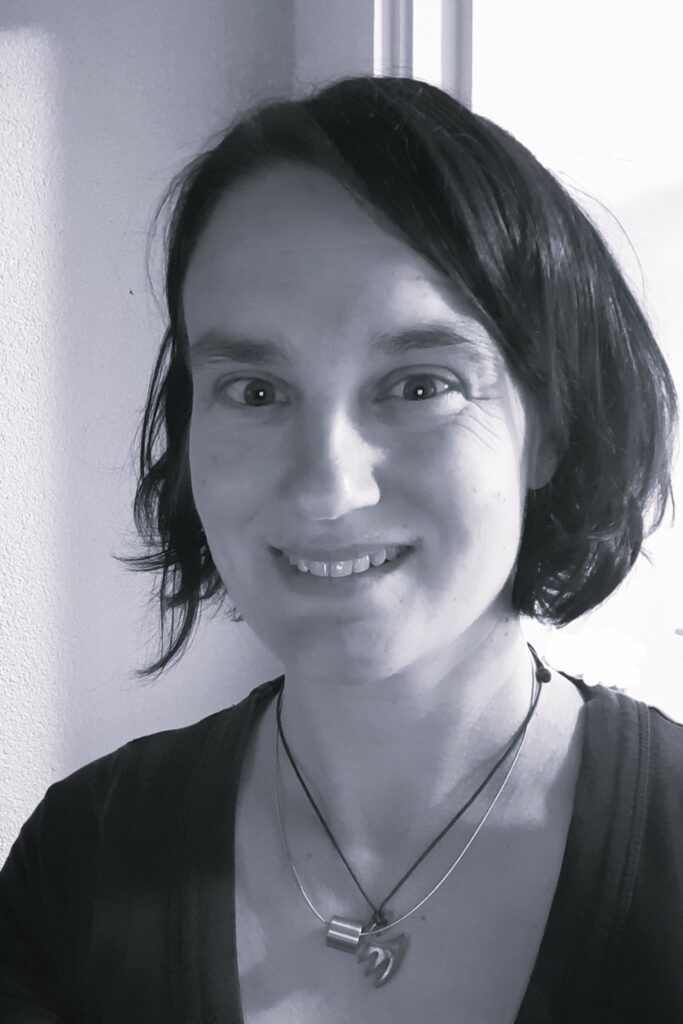
Fanny graduated from Radboud University Nijmegen in 2003 (MSc Developmental Psychology). In 2011 she finished her training as a registered Healthcare psychologist. After her graduation she worked for years in special education for children with behavioral and emotional problems. During this time she developed an interest in social relations with teachers and peers, and social dynamics in classrooms, and how these can benefit or hinder development. She started her PhD on social processes in special education classrooms as an external PhD student at Radboud University in 2015. In 2020 she exchanged clinical practice for academia (Vrije Universiteit Amsterdam), and after finishing her PhD in 2021 she got a position as an assistant professor. Currently, she is PI of the SCCILLS project, an intervention that fosters social emotional learning through teacher-child relationships and interactions. In addition, she is initiates and is involved in different research projects regarding measuring and gaining insight in group dynamics in classrooms, teacher perspective taking, and responsive teaching.
Christel Klootwijk
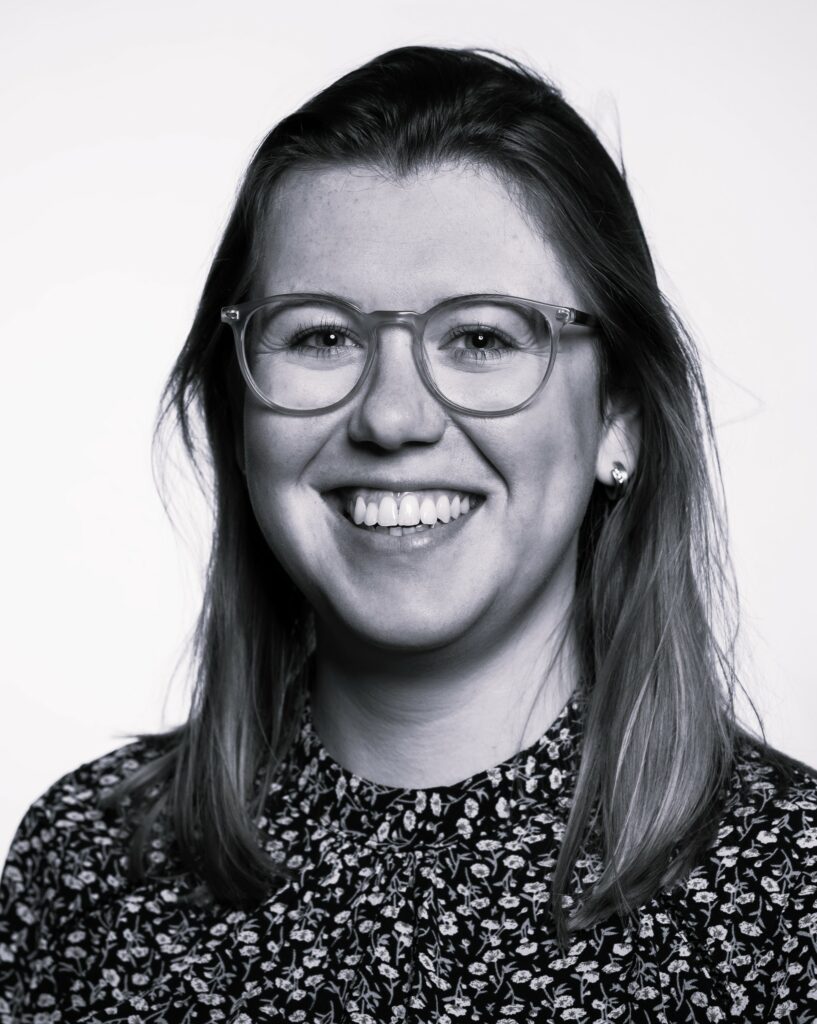
Christel obtained her Bachelor in Liberal Arts and Sciences (major: Psychology & Cognitive Neuroscience) at University College Utrecht (summa cum laude, 2019) and her Research Master degree in Psychology (specialization Developmental Psychology) at Leiden University (cum laude, 2021). As a research assistant at CHANGE (Leiden University) and as part of her master thesis, she conducted a research project on adolescents’ social and emotional well-being and academic motivation during the COVID-19 pandemic. She started her PhD in 2021 at the Vrije Universiteit Amsterdam on a project supported by the Ammodo Science Award 2020. Her research mainly focuses on the development of prosocial behavior in everyday situations, using an interdisciplinary approach. She is fascinated by how children and adolescents learn to interact with those around them to create long-lasting social bonds. She currently studies subtle prosocial behavior both towards individuals (e.g., children’s (appreciation of) considerate acts in interaction with their peers) and in the broader context of contemporary society (e.g., adolescents’ pro-climate behavior in interaction with their parents).
Meimei (May) Liu
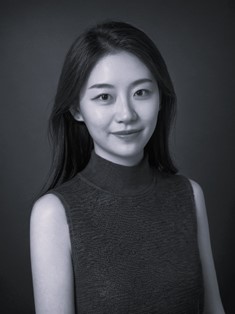
May earned her bachelor’s degree in Applied Psychology from China Women’s University in 2019. Subsequently, she pursued a Research Master’s degree in Educational and Developmental Psychology at Beijing Language and Cultural University, completing it in 2022. Following the completion of her Master’s program, May commenced her Ph.D. project in September 2022 at Vrije Universiteit Amsterdam, supported by the China Scholarship Council (CSC). In her doctoral research, May concentrates on the development of motivation and academic achievement, with a particular emphasis on exploring the mediators of time investment between motivation and academic performance. She utilizes longitudinal data to gain insights into the dynamics of these relationships over time.
Laura Fornari
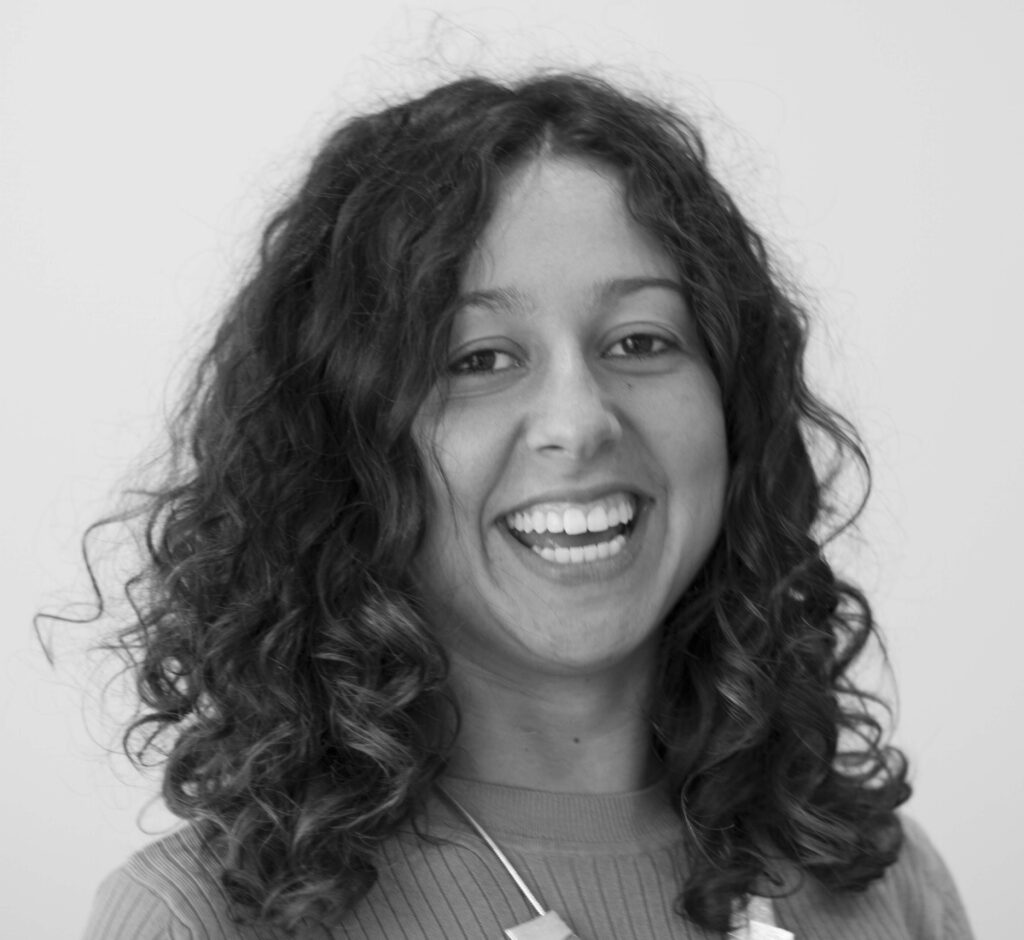
Laura holds a BSc in Biology from the University of Pavia (2016) and a MSc in Neuroscience from the University of Pisa (cum laude, 2019). During her master’s she had the opportunity to do an internship at the University of Barcelona, where she studied language learning impairments connected to attention deficits in Huntington’s disease. Provided her passion for social neuroscience, after her graduation she came to Amsterdam to join the Social Brain Lab (Netherlands Institute for Neuroscience). There, she spent 1,5 years studying learning and decision making in situations of social conflict. In September 2022 she started her PhD in the Lab of Learning, where she will investigate the influence of social closeness and group biases on cooperation. The aim of her project is understanding how these variables affect both behaviour and brain-to-brain synchrony.
Sabrine Jabroun
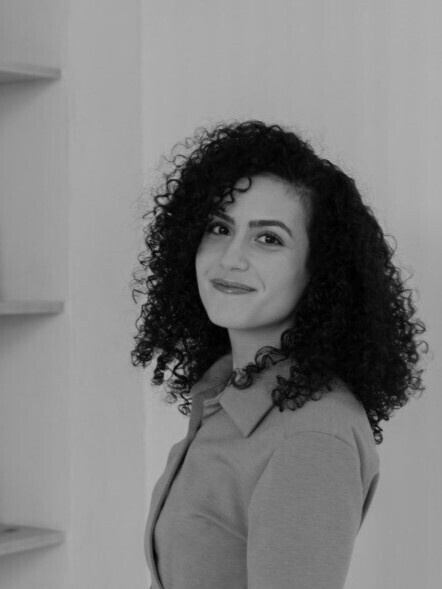
Sabrine obtained her Bachelor in International Psychology from Leiden University in 2019. During her undergraduate studies, she participated in an exchange program at Queen’s University in Canada, where she deepened her research interests in psychology. She then pursued a Master in Clinical Psychology at Erasmus University. During her master’s program, she conducted a research internship at Erasmus MC, focusing on the development of adolescents in Rotterdam. After completing her master’s, she started working as a psychologist. Driven by a passion for research and a desire to solve practical problems, she embarked on a PhD at Vrije Universiteit Amsterdam, focusing on friendship dynamics among girls. In addition to her research, she also teaches at Vrije Universiteit Amsterdam. Sabrine is dedicated to bridging the gap between research and real-world applications. Her work aims to provide insights and solutions that can be implemented outside the lab, benefiting both academic and clinical settings.
Elise van Triest
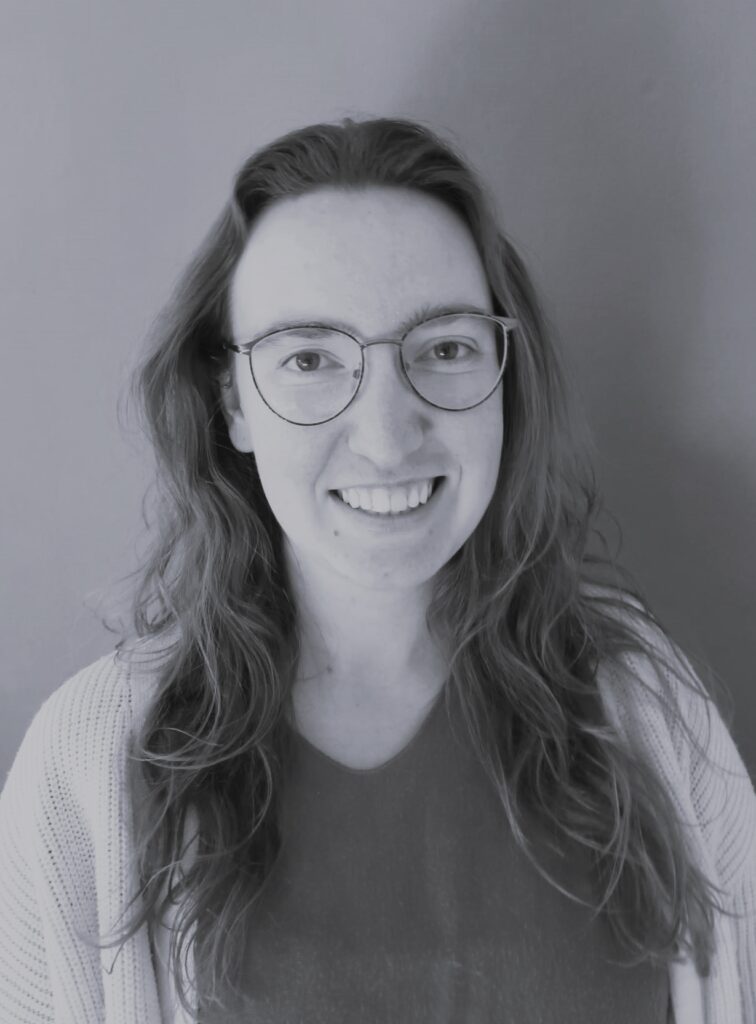
Elise obtained a bachelor’s degree in Psychology (2019) and combined research and clinical master Developmental Psychology (cum laude, 2023) at Leiden University. During her master she joined the Lab of Learning as a research intern, where she investigated the reciprocal relationship between motivation and achievement. After her internship, she stayed a part of the team as a student assistant, where she started developing a growth mindset training for children with dyslexia through a users-as-designers approach. Since November 2023, she joined the lab as a PhD student. During her PhD project she will continue to develop and test the growth mindset training for children with dyslexia. She is interested in investigating the effect that fostering a growth mindset has on the effectiveness of dyslexia intervention and the role that a child’s environment (i.e., parents and teachers) plays in this relationship. Through this research, Elise pursues her interersts of applied research of children’s learning and development, and bridging the gap between research and clinical practice.
Jule Schretzmeir
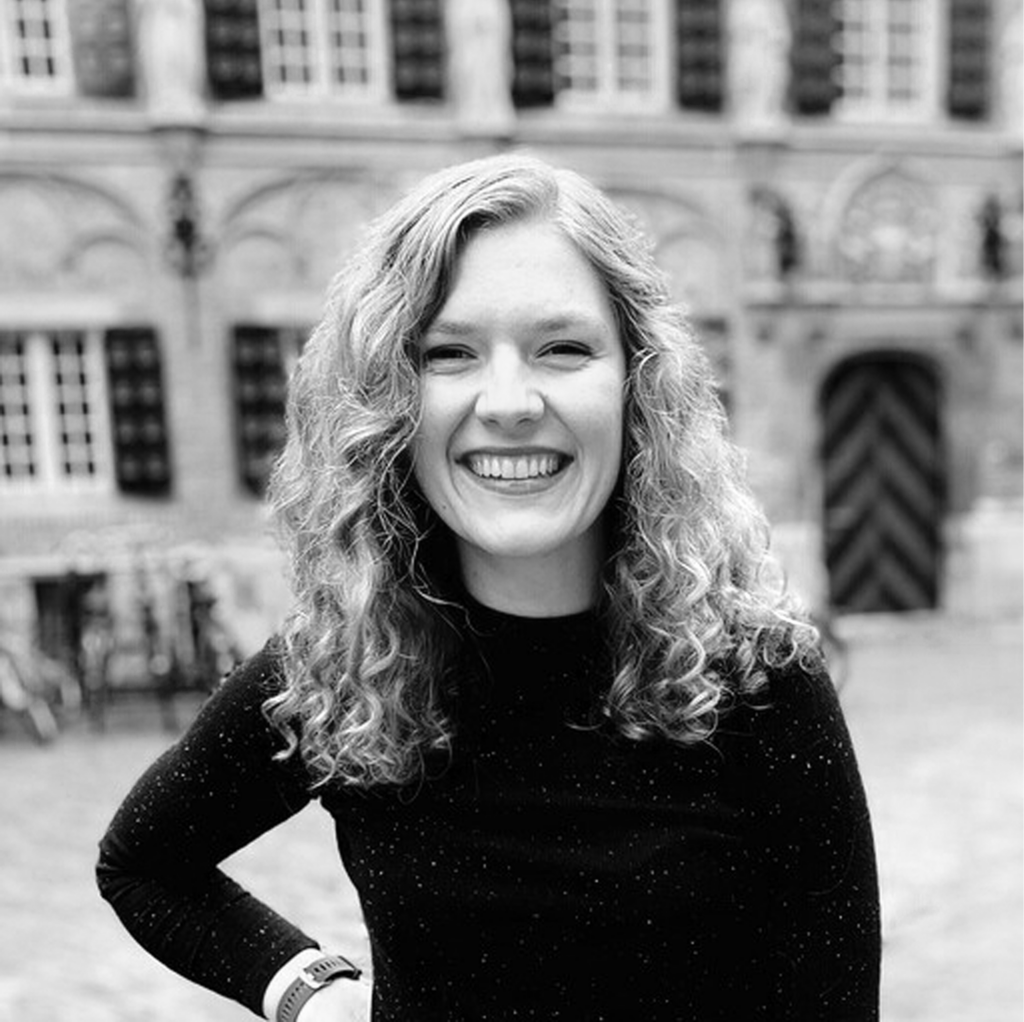
Jule obtained a Bachelor in cognitive science and psychology from University College Roosevelt, Utrecht University (2020). She then completed a Master of Neurosciences at the Vrije Universiteit in Amsterdam (2022), where she specialized in developmental neuroscience. She is now a PhD candidate in the Lab of Learning, where she focuses on positive risk-taking in adolescence in an academic context. Her project looks at the role and importance of adolescent exploratory behavior in learning and intends to deepen our knowledge of safe risk-taking that fosters academic growth and resilience. She investigates the relationship between beneficial risk behavior and the development of adaptive self-beliefs that allow adolescents to adjust to their learning environment and develop a sense of autonomy and competence. Additionally, she is interested in self-regulation strategies such as positive risk-taking in relation to setbacks, failure, and perseverance in the face of challenges. Jule’s work explores possible predictors of such exploratory behavior, including parental and societal performance pressure, and overprotection by parents. Her research intends to shed light on positive risk-taking in connection with academic well-being and ultimately the flourishing of young adults in society.
Iris Siemons

Iris worked for more than 10 years as a teacher in primary education and graduated from Leiden University in 2011 (Master Educational and Child Studies). After that she worked as a behavioral scientist in special education (cluster 4) and since 2013 she is working as a lecturer and teacher trainer at the University of Applied Sciences in Rotterdam. She started as an external PhD student at the VU in April 2023 and is working on the SCCILLS-project, an intervention that fosters social emotional learning (SEL) through teacher-child relationships and interactions.
Sonja van Engen
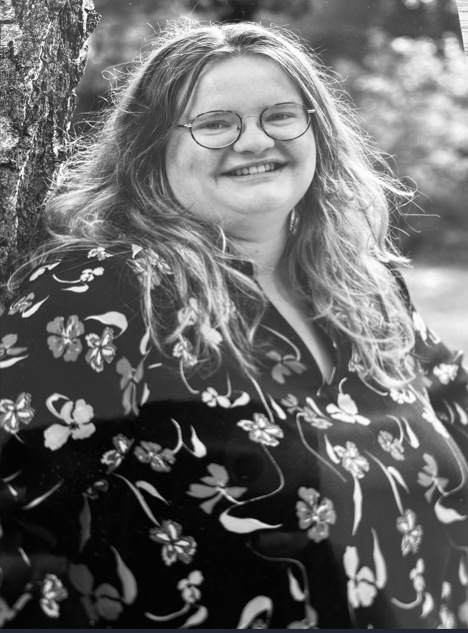
Sonja obtained a Bachelor’s degree in Pedagogical Sciences in 2021 and subsequently earned a Master’s degree in Education & Innovation in 2023 at Vrije Universiteit Amsterdam. During her Master degree she did an internship at the VU, focused on the development of language skills of kindergartners. During this internship she developed her interest in scientific research, specifically research towards young children in primary school. Since August 2023 Sonja works as a research assistant at the SCCILLS-project, where she is responsible for everything that revolves around the data collection.
Maaike Radix
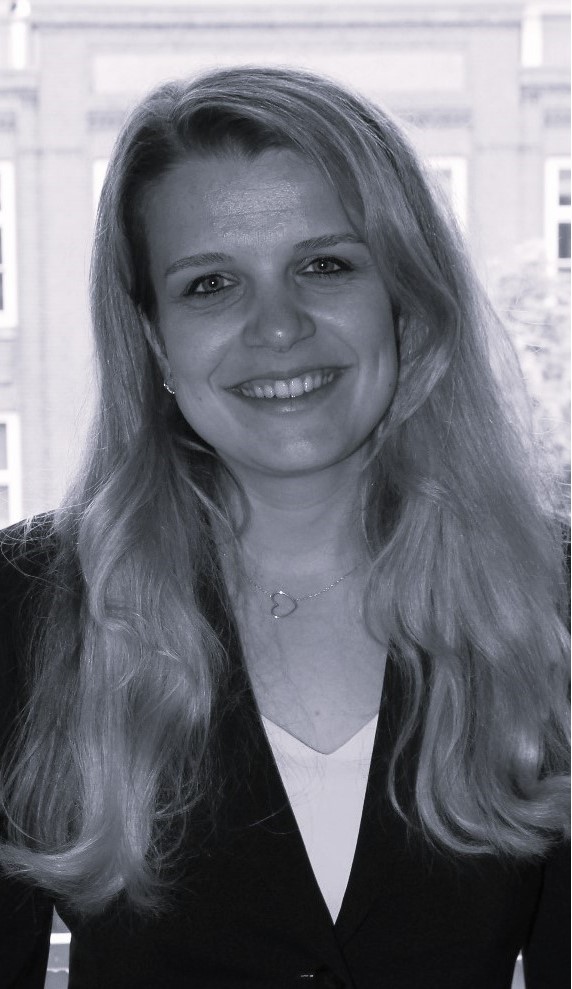
Maaike obtained a Bachelor’s degree in Educational Sciences and a Bachelor of Education after completing the Academic Primary School Teacher Training Program (ALPO) at Utrecht University and the University of Applied Sciences Utrecht. In 2019, she earned her MSc in Educational Sciences (Utrecht University). During her Master’s, Maaike started working as a teacher in special education and focused on feedback and evidence-based teaching in the Primary Education track. After completing her Master’s, Maaike also started working as a policy advisor in special education up until she started her PhD trajectory at Vrije Universiteit Amsterdam.
To pursue a PhD, she received a NWO Doctoral Grant for Teachers (Promotiebeurs voor Leraren) in 2023. Her PhD research focuses on the proactive recipience of teacher feedback by students with the following types of Special Educational Needs: externalizing problem behavior, Autism Spectrum Disorder (ASD), intellectual disability and Attention Deficit Hyperactivity Disorder (ADHD). Driven by a passion for educational rights for all students, Maaike is still a teacher in special education alongside her doctoral research.
Roos de Jong
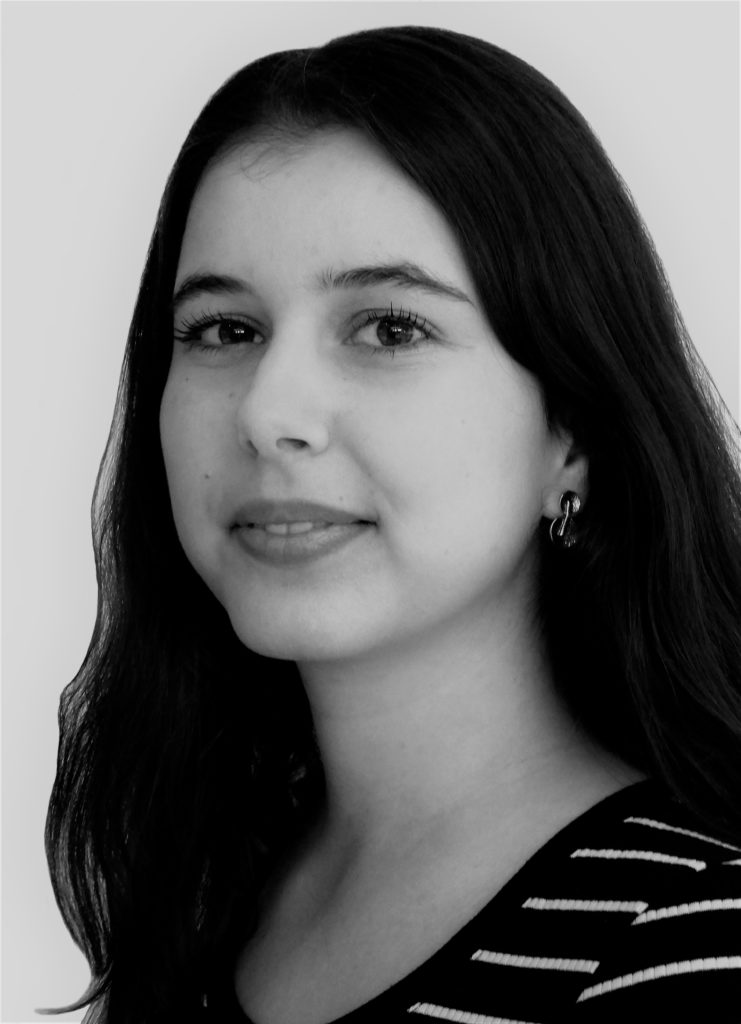
Roos obtained a Bachelor’s degree in Psychology (2017, cum laude), a Research Master’s degree in Developmental Psychology (2021), and a Master’s degree in School Psychology (2021) from Leiden University. Her Master’s thesis involved studying the long-term impact of the incremental beliefs intervention developed at the Lab of Learning on school performance and school burnout symptoms. After graduating, she worked as a research assistant for the Lab of Learning and as a research coordinator for a RCT at the University of Amsterdam, examining the mechanisms of high dosage tutoring for mathematics in secondary schools. In parallel, she spent time working as a SKJ-registered psychologist in the clinical field of dyslexia care.
Roos started her PhD at the Vrije Universiteit Amsterdam in 2024. Her doctoral research is part of a larger-scale project that aims to move towards an individualized approach for reading education, shifting the emphasis from static assessments of children’s current knowledge to a dynamic view of their potential for future learning and development. Roos investigates how such a individualized approach for reading education can be responsibly implemented in schools and how teaching practices can be tailored to earlier prediction of reading difficulties.
Ita Puusepp
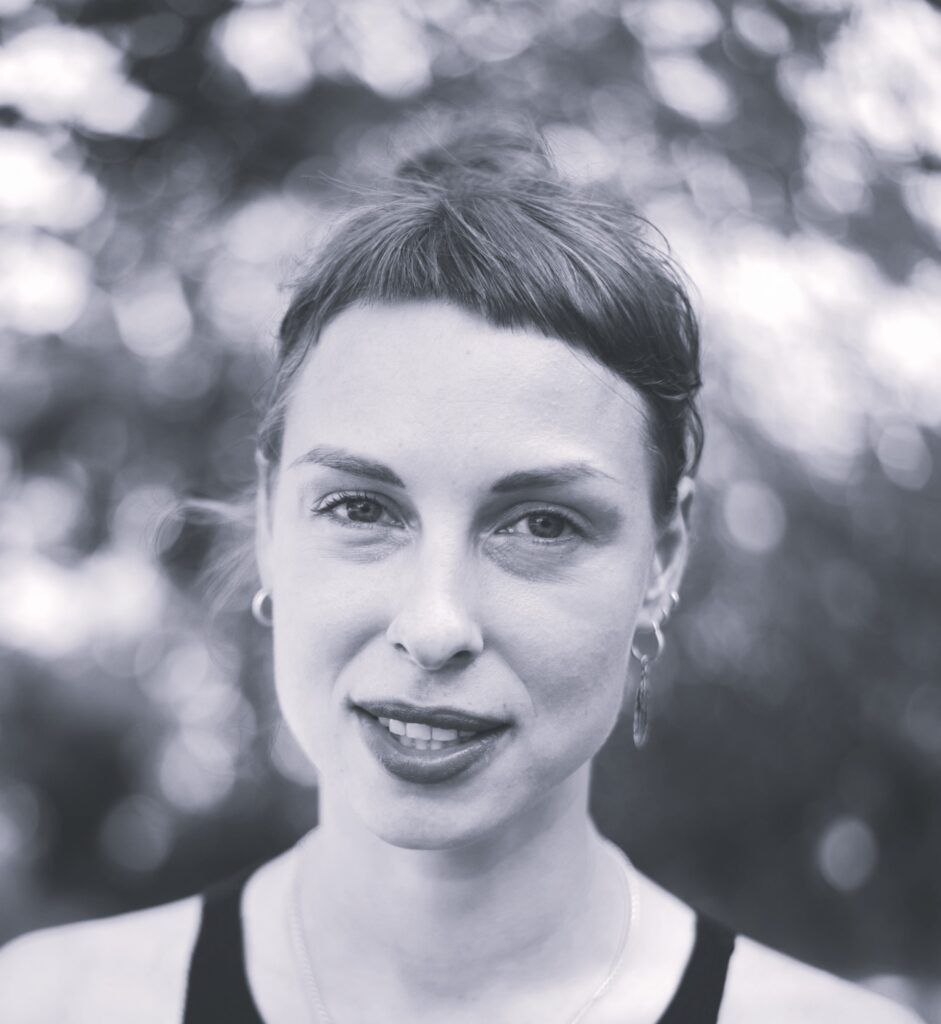
Ita earned her Bachelor’s degree in Psychology from Tallinn University in Estonia in 2011 (cum laude). During and after her undergraduate studies, she worked as a dance teacher and youth worker, and also organized cultural events. These real-world experiences sparked her interest in motivational processes, leading her to pursue a Master’s degree in Psychology, which she completed at Tallinn University in 2018 (cum laude). Following her Master’s, Ita continued her studies at the University of Helsinki in Finland, where she obtained her PhD in Educational Sciences in 2024 (passed with distinction). Her doctoral research, which explored the links between elementary school students’ mindsets, brain responses to feedback, and physiological arousal during an arithmetic task, was recognized with the University of Helsinki Outstanding Doctoral Thesis Prize 2024. Starting from autumn of 2025, Ita is working on her two-year postdoctoral project “Moving beyond growth mindset: the role of motivational self-regulation in higher education” at Vrije Universiteit Amsterdam. The project is funded by the Jenny and Antti Wihuri Foundation and focuses on how higher education students intentionally regulate their motivation when they are struggling.
Alumni
Sibel Altikulaç
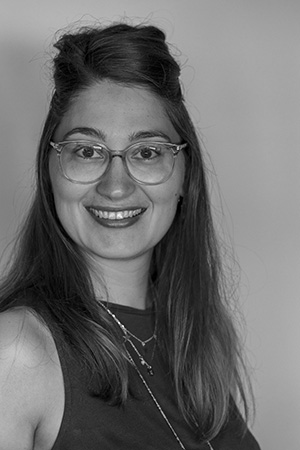
Sibel graduated from Leiden University in 2015 (MSc in Applied Neuroscience of Education and Child Studies) and worked as research assistant for 1,5 years in the Brain and Development Research Centre of Eveline Crone. During this period, she was involved in different research projects examining the development of children, adolescents and adults. She started her PhD in 2017 at the Vrije Universiteit Amsterdam (VU) to investigate the implicit beliefs (mindsets) of adolescents, which neural processes are involved, and how this is related to students’ wellbeing and school achievement, and additionally, she is studying the influence of peers on this relation. Her interest in (brain) development of adolescence intrigues her, as well as how we, as scientists, can properly translate the knowledge that derives from scientific (brain) research to information that is understandable and useful for lay people in daily life.
Ilona Benneker
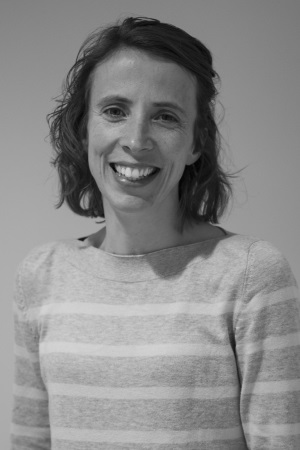
Ilona graduated in 2008 for her master Science Teacher Education at the University of Utrecht. In that year she also finished her master Clinical Neuropsychology (cum laude) at the University of Amsterdam. She then started teaching Biology at a secondary bilingual and international school in Breda. She noticed that different strategies in her lessons improved the motivation of her students. It was this motivation that interested her. How could for example two classes with the same cognitive level yet have such a different motivational attitude? How do peers influence each other in these classes? She also noticed different strategies for parents to motivate their children. Some parents were focused on their children’s performance and they felt that the performance of their children was completely out of their hands, while other parents supported their children very differently and focused more on learning. In 2018 she received a scholarship from the NWO (The Dutch Organisation for Scientific Research) to conduct a PhD research project on the role of peers and parents on ability beliefs of both early and late adolescents.
Birgit Bekker
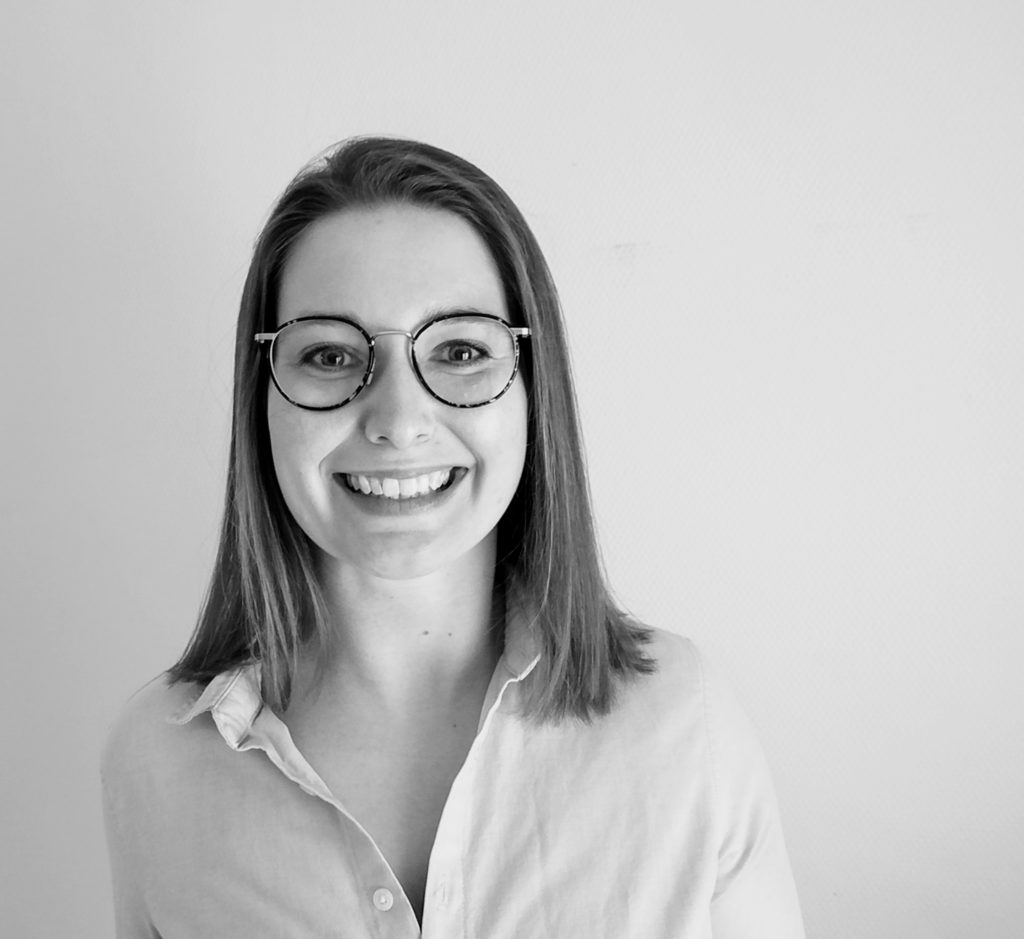
Birgit obtained a Bachelor of Science from University College Maastricht in 2016, where she focused on neuropsychology and philosophy of science. She now combines a master’s in Philosophy of Neuroscience at the Vrije Universiteit Amsterdam, and in Brain & Cognition in Society at the University of Amsterdam. In 2019 she started her thesis research on the conceptual and epistemological challenges in understanding learning. She investigates whether and how scientists and teachers differ in their descriptions of learning, by studying definitions and patterns in knowledge-sharing. She thereby aims to gain insight into how knowledge from everyday experience, educational practice and scientific research can effectively be combined and translated. This reflects her fascination for the multidisciplinary study of mind and brain, and for various strands of philosophy, such as philosophy of science, language and education.
Elisabet Pallarés
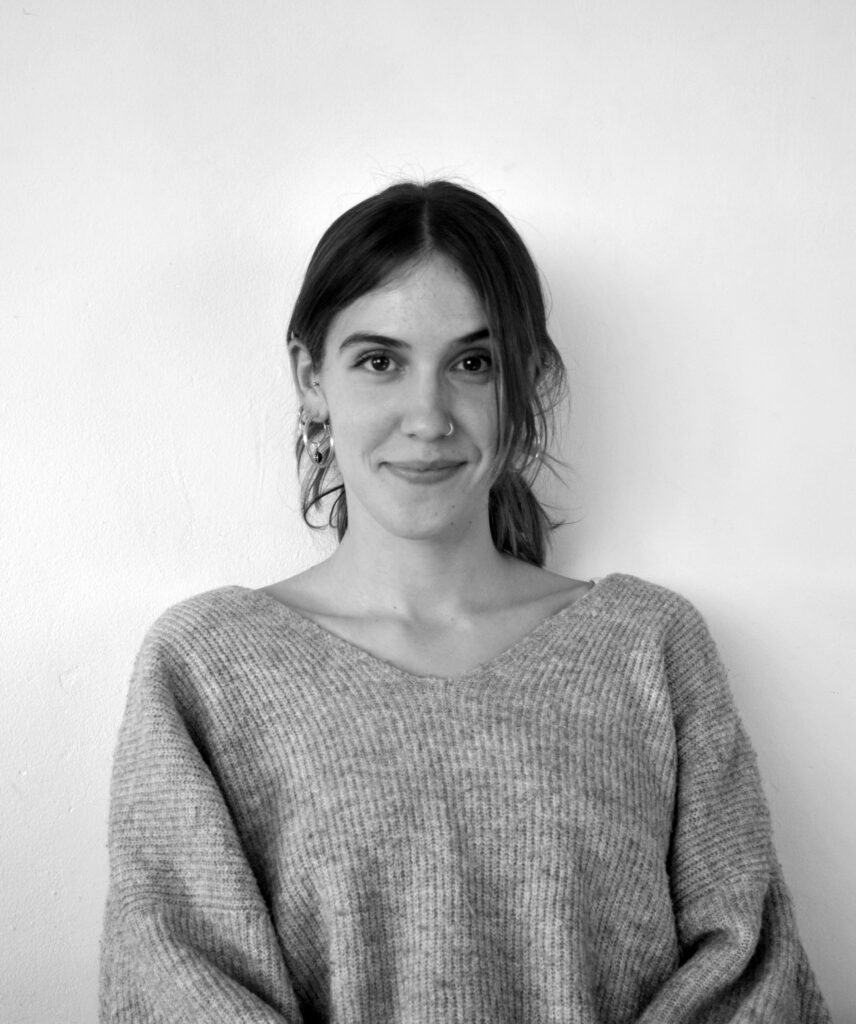
Elisabet graduated from a bachelor’s degree in Biomedical Sciences and a master’s degree in Neurosciences, both at Universitat Autonoma de Barcelona, Catalonia, Spain. During her years as a student, Elisabet acquired knowledge in the neuroscience and biomedical fields, working as a research assistant in the Molecular and Neuropharmacology Laboratory, and in the Laboratory of Neurobiology of learning and memory in the Institute of Neurosciences of the UAB. Despite Elisabet’s biomedical background, she has always had a special interest for educational projects. During 2021, she worked as a science educator in projects such as “La Marató de TV3” and “Funbrain” (both in Barcelona), communicating scientific knowledge and bringing science and health awareness to children and teenagers. Elisabet is very passionate about education and teaching, and at the same time fascinated by the human brain. She is interested in deeply understanding and studying the mechanisms of learning and memory in order to improve education. Elisabet has joined the lab as an intern through the Erasmus exchange program in 2021.
Martine Ceton

Martine first finished her BSc in Criminology, when she decided to follow a MSc in Public Administration and a MSc in Investigative Criminology. After finishing these studies, she took part in a traineeship in Data Science & Business Analytics where she had the opportunity to develop her coding and data analysis skills. During her career she discovered her passion for research, so she started a PhD position in the SENSA project and joined the Lab of Learning in February 2021. Until February 2022, she worked on the development of EEG paradigms to unravel the neural mechanisms of collaboration and prosocial behaviour amongst adolescents in naturalistic environments. With this research she hopes to further interpret interbrain synchrony and discover the influence of social networks on collaboration and prosocial behavior.
Krista Oplaat
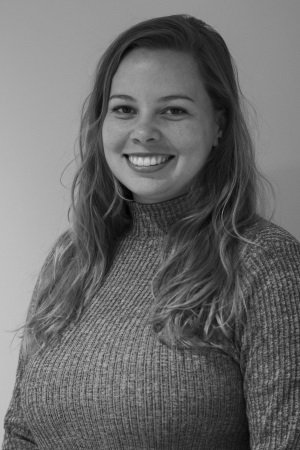
Krista (born and raised on Aruba) graduated from the University of Amsterdam in 2014 with a bachelor and research master’s in Neurobiology. During her master’s she also completed a specialization in Science Communication at the VU University. Fascinated not only by the inner workings of the mind, but also by the communication of science to the masses she pursued many projects in this interdisciplinary field. Combining her passion for working with children and applied neuroscience she joined the Lab of Learning team as a research assistant in September 2017. She assists the team on many levels, from organizing and implementing the behavioral data-collection at the schools and communicating to the parents, to coordinating and facilitating the fMRI data-collection of the project.
Patricia Dreier Gligoor
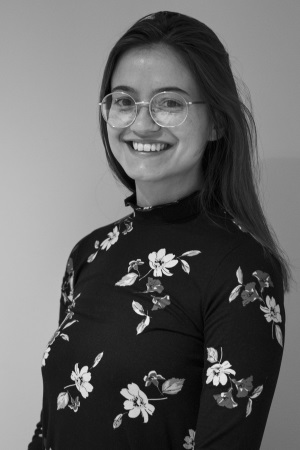
Patricia earned a bachelor’s degree in Psychology and in Pedagogical Sciences, a master’s degree in Criminology (Research Track) and in Pedagogical Sciences and she is still studying for a master’s degree in Clinical Neuropsychology and Public Administration at the Vrije Universiteit Amsterdam. Her goal is to build bridges across these fields. Her work experience within this project was a fundamental starting point because of the multidisciplinary nature of the project and the wide variety of tasks. In addition, it was really valuable for her to contribute to this meaningful project.
Alex van der Jagt
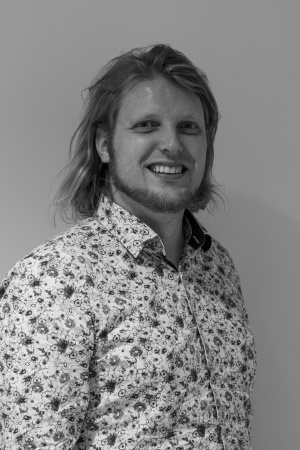
Alex graduated from Leiden University with a bachelor in Japanese Language of Culture and a master in North American Studies with a focus on World War II literary/cinematographic history. Despite this odd fit background, he had strong interest in IT and automatization. Starting in 2016, he started as coordinator and data manager for several projects (NRO “What helps against bullying” and ERC “Happy children, happy adolescents?”). During 2017, the NRO project came to an end and he started working for Technical Support for Teaching and Research (TO3) to provide more support on the back end of data collection and also started as data manager for the Netherlands Autism Register (NAR). As of February 2019, he joined the Lab of Learning team as a project coordinator and datamanager.
